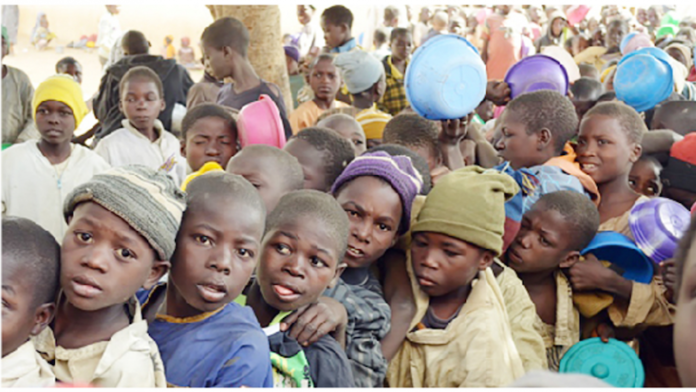The Minister of State for Education, Prof. Suwaiba Saidu, recently made a compelling case that Almajiri children should not be categorized as out-of-school children. Her argument rests on the fact that the Almajiri system is a traditional form of Islamic education, deeply rooted in the cultural and religious practices of northern Nigeria.
While her perspective is valid, a broader solution lies in integrating the Almajiri system into the national educational framework or formally recognizing it within the system.
If this integration is successfully achieved, northern states could significantly reduce their reported numbers of out-of-school children. It is important to note that it is rare to find a child in the north who does not attend either formal Western education or an Islamic school. The current statistics identifying Almajiri children as out-of-school are largely influenced by the visibility of these children on the streets, a result of systemic neglect in catering to their unique needs.
The Almajiri system, which dates back centuries, originally provided Islamic education under the guidance of local scholars, supported by the community. However, the pressures of modern society and economic challenges have transformed this system.
Today, many Almajiri children face hardship, often left to beg for food and support due to inadequate funding and infrastructure. This unfortunate reality perpetuates the narrative of these children being “out-of-school,” despite their active participation in Islamic education.
Integrating the Almajiri system into the national educational framework would involve several key steps:
- Formal Recognition: The government should officially recognize Almajiri schools as legitimate educational institutions. This would ensure their inclusion in national education planning and budgeting processes.
- Improved Infrastructure: Almajiri schools should be upgraded to meet basic standards, similar to those of boarding schools. This includes the provision of adequate classrooms, dormitories, teaching materials, and welfare programs for the children.
- Curriculum Reform: While maintaining their focus on Islamic education, Almajiri schools could adopt a hybrid curriculum that includes basic Western education subjects such as mathematics, science, and English. This would equip students with the skills needed to thrive in a modern, globalized world.
- Community and Government Partnership: Collaboration between local communities, religious leaders, and government agencies is crucial. Community involvement would ensure the system retains its cultural




